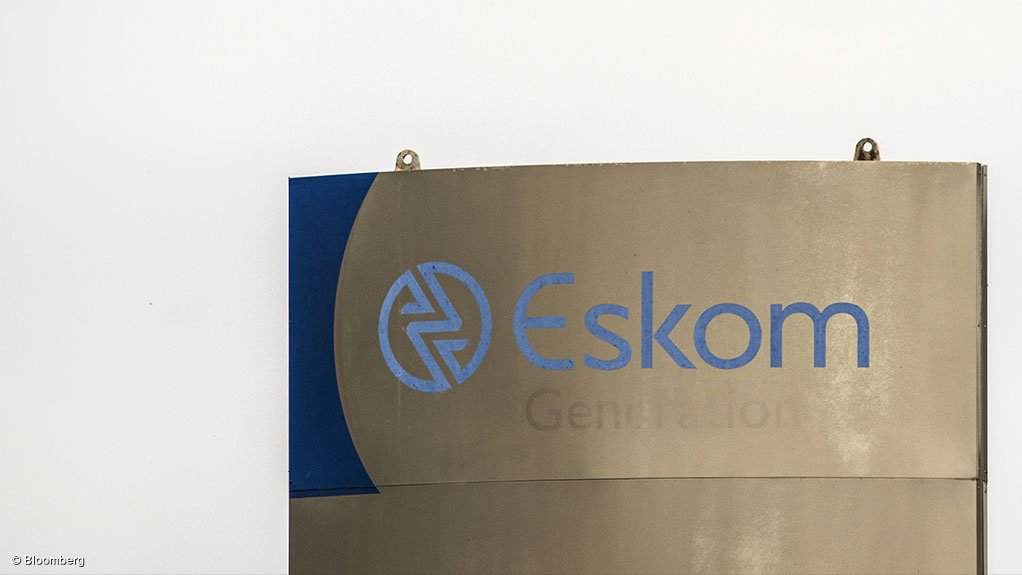State-owned Eskom expects it will take up to 30 days for the power system to recover from the effects of the recent industrial action, which interrupted continuous processes at the power stations.
During the 30-day recovery period, the risk of load-shedding remains high, it warned on Friday.
It stated that the risk of load-shedding will increase over the weekend as the utility works to restore power plants and build up reserves for the coming week.
Power supply has been constrained this past week, following strikes by employees at its power plants, which have also seen acts of sabotage.
Trade unions have, however, committed to assist with normalising the operations, with Eskom teams having been dispatched to various sites, most of which are returning to normality.
Recovery teams will focus on stabilising the power system and return to the generation plant as soon as possible. Operational processes, which include coal and diesel management, power plant restart and maintenance, as well as environmental compliance and ash management, have to be cleared and restarted, which Eskom said would take additional time.
The utility further noted, on Friday, that the improvement in generation and operational performance can only increase and be achieved with the return of employees.
Eskom, in the meantime, encouraged residents and businesses to use electricity sparingly to ease the demand for electricity. Switching off geysers, as well as all non-essential lighting and electricity appliances, can assist in reducing the demand.
Members of the public are advised to keep checking their respective load-shedding schedules on the Eskom and municipal websites, and plan on the assumption that load-shedding will take place.
Further, parties will formally sign a wage agreement on August 8, after the unions engage with their members, as discussed during the mediation process under the auspices of the Council for Conciliation, Mediation and Arbitration in a bid to finalise the protracted wage talks and settle the dispute.
The National Union of Metalworkers of South Africa has said that it would only sign the agreement if members are happy with the latest proposal.
Trade union Solidarity, however, on Thursday said it had accepted the latest three-year wage offer from Eskom.
Solidarity accepted a salary increase of 7.5% this year and 7% next year and the year after, plus an inflation-linked increase in housing allowances and a one-off cash payment of R5 000.
EMAIL THIS ARTICLE SAVE THIS ARTICLE ARTICLE ENQUIRY
To subscribe email subscriptions@creamermedia.co.za or click here
To advertise email advertising@creamermedia.co.za or click here











